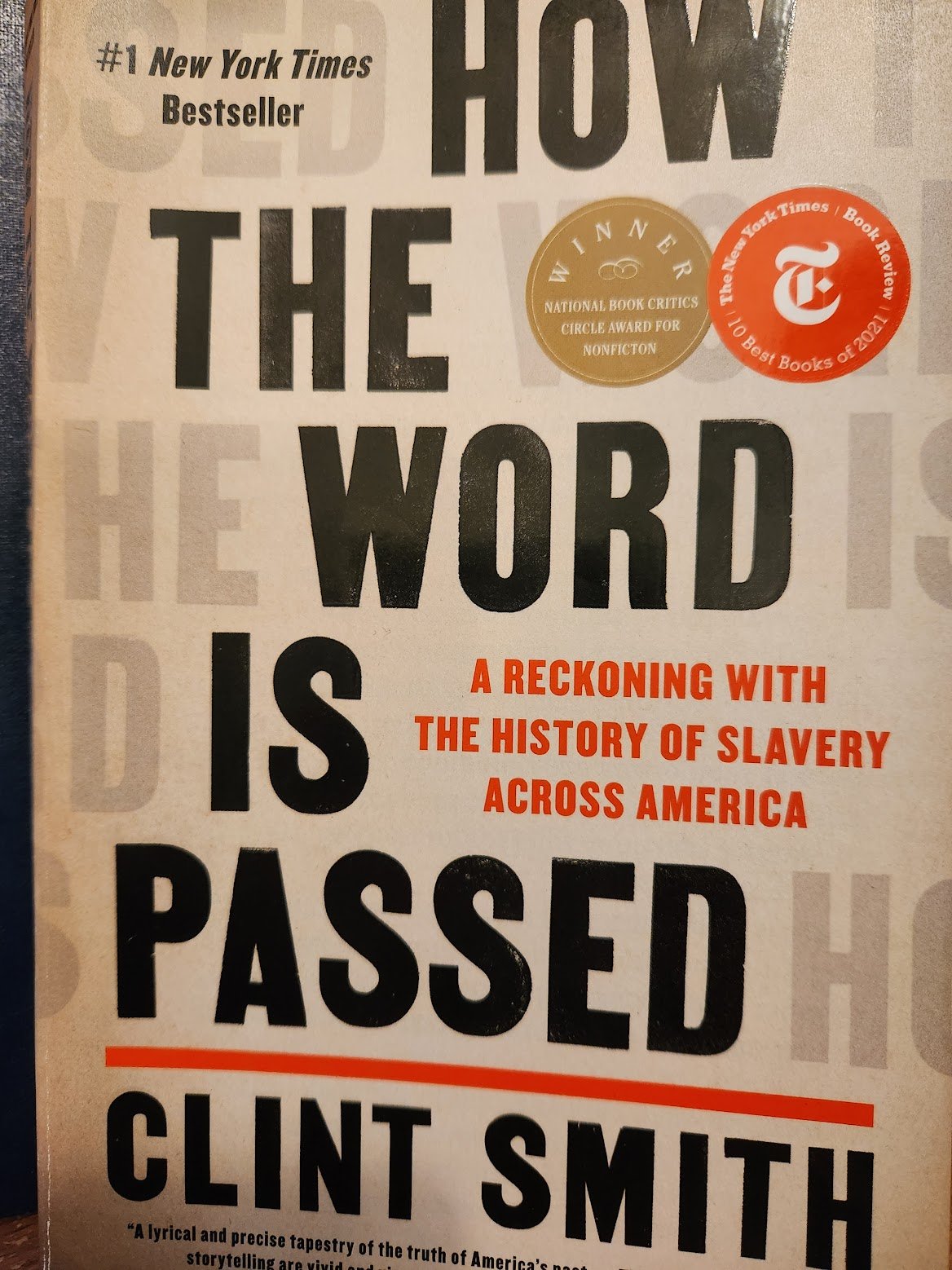
Review: Unintended Reformation by Brad S. Gregory
I’m done. I got through Unintended Reformation’s Chapter on morality, read a bit of chapter 5 on economics, and then (this time through) I skipped to the conclusion. For me, this book reads pretty quickly— Gregory’s urgency drives me on. It’s well-organized so you can see where the author is going next. The complexity of the writing is well suited to the intended audience: academics.

Reading in progress: Chapter 1 & 2 of Unintended Reformation by Brad S. Gregory
Wow, this book is flying by! I attribute this to having read the book a few years back, but also to having a better sense of the figures and ideas. The one thing that accompanies me as I read is T. S. Eliot’s question in Choruses from “The Rock”: “Has the Church failed mankind, or has mankind failed the Church?” […] I imagine two types of superficial reader of this book: 1. Catholics, who would see it as a confirmation of their position and therefore with no need to change anything, and 2. everybody else, who would see it as best as an account of how things came to be without any hope of resolving our current issues.

Review: How the Word Is Passed: A Reckoning with the History of Slavery Across America by Clint Smith
When I was about 21, I visited Harper’s Ferry, West Virginia. I was working with L’Arche, DC, at the time and was encouraged to take a weekend off, away from the community. I asked around and someone suggested that that Harper’s Ferry would be a good place to visit. I packed a bag and caught a train down for the weekend. The train arrives in the town through a mountain tunnel and a bridge which crosses over the Potomac river, which comes together with the Shenandoah river at the town.

Reading in progress: Introduction to Unintended Reformation by Brad S. Gregory
As I grapple with history, I feel the need to get a broader perspective. I am returning to a book I read a few years ago to help myself with this broader perspective. The book is Brad S. Gregory’s The Unintended Reformation: How a Religious Revolution Secularized Society. I originally read this book because it was recommended by Michael Sean Winters, a nuanced thinker. I borrowed it from a library when I first read it but decided to buy it to read it again. What I love most about this book is its goal of exploring and understanding what happened, and not merely to push answers.